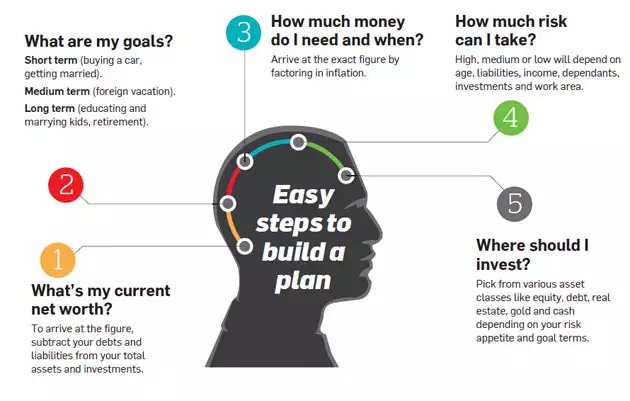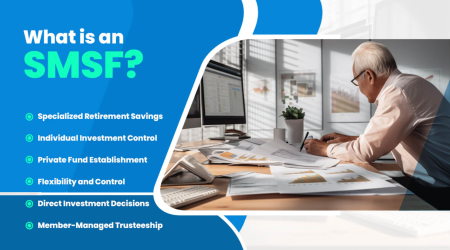If we talk about the present situation, then one thing is certain and that is the increasing inflation rate. The time of competition and progress has changed the world. The inflation rate is getting high and the middle class is getting worried that how to finance any unexpected expense. Well, no doubt this is tough but yes there are some tips by which you can finance any unexpected expense.
Want to know what will derail your budget quicker than almost anything? Unexpected expenses. And you should have tips and skills to finance any unexpected expense. But if you don’t then there is no need to worry.
Maybe you’re thinking, Okay, it might be, but how? How can we manage our expenses? So, keep reading to see how you can stay in control and on top of your money even when it comes to unexpected expenses.
Unexpected Expenses or Overlooked Expenses?
Let’s start by being quite clear about the situation at hand. Because how to finance any unexpected expense is everyone’s headache.
“unexpected expenses are simply “overlooked” ones.
What we mean by that is this: If you receive a quarterly charge for pest treatment, you are aware that it will arrive four times a year. It’s not surprising when a bill shows up that you didn’t budget for that month. That is disregarded.
We also have some positive news. You can still be ready regardless of whether the expense was anticipated or overlooked. Yup! And these points will demonstrate to you how to finance any unexpected expense.
- Hold regular budget gatherings.
If you’re married, find a spouse to serve as your accountability partner, and start holding monthly budget meetings. Two ways will be aided by this.
Budgeting might be challenging, to start. But once you know you don’t have to do it alone, it becomes simpler.
Second, having an additional set of eyes is quite helpful, especially when trying to filter through expenses that keep getting missed—which is something you’ll do during your monthly budget meetings.
- List your possible overlooked expenses.
Check your EveryDollar budget or your online bank account for any recent expenses that caught you off guard. List them out and make note of the cost, the due date, and the expense.
Home: Consider quarterly costs, months when electricity prices are higher, property taxes, pest control, furniture replacement, moving expenses, and appliance repair.
Automobiles: Be prepared to pay toll fees, routine auto maintenance and repairs, tire and oil changes, and vehicle tags.
Kids: You have to consider their constant need for new clothing as well as their extracurricular activities, field excursions, and school supplies.
Gifts: Both giving and receiving presents should be joyful experiences. But let’s face it: Forgetting to plan ahead and set aside money for gifts for weddings, birthdays, holidays, baby showers, and all the other occasions when you might require a present is stressful.
- Include omitted costs in your budget.
Once you have your list, it’s time to create budget lines for the “overlooked” costs. There are three options available to you, and you should really combine all three to get the job done.
- Create an emergency fund to cover unexpected expenses.
Financial stress is a real issue, and it’s not a good way to live to constantly wonder if the next unforeseen expense will send you over the brink.
How to Respond to an Unexpected Expense
Don’t panic first, please! This has been planned for:
- You hold those budget meetings to make future plans.
- You have a line for miscellaneous items in case of minor surprises.
- You are prepared with your month-specific budget category.
- You’ve set aside sinking funds for larger expenses.
- You have prepared your emergency money for actual unexpected expenses.
All of this aids in your planning for unexpected expenses.
That’s all. The above-mentioned points to finance any unexpected expense will help you stop worrying that you won’t have enough money to pay your unexpected bills. That is how you maintain readiness. You now know how to prepare for the unanticipated, from being honest with yourself about overlooked bills to creating specific accounts for unexpected expenses.
FAQ RELATED FINANCE ANY EXPECTED EXPENSES:
FAQ 1: How can I financially prepare for unexpected expenses?
To prepare for unexpected expenses, it is advisable to establish an emergency fund. Allocate a portion of your income each month into a separate savings account specifically designated for unforeseen costs.
FAQ 2: What are some common unexpected expenses that can impact my finances?
There are several unexpected expenses that can impact your finances. Examples include medical emergencies, home repairs, car breakdowns, sudden job loss, legal fees, and major appliance replacements
FAQ 3: How can I handle unexpected expenses if I don’t have enough savings?
There are choices to take into account if you don’t have enough money to pay for unexpected expenses. like setting priorities for your spending and concentrating on the most important ones. Spend less on discretionary items for a while to raise money.














